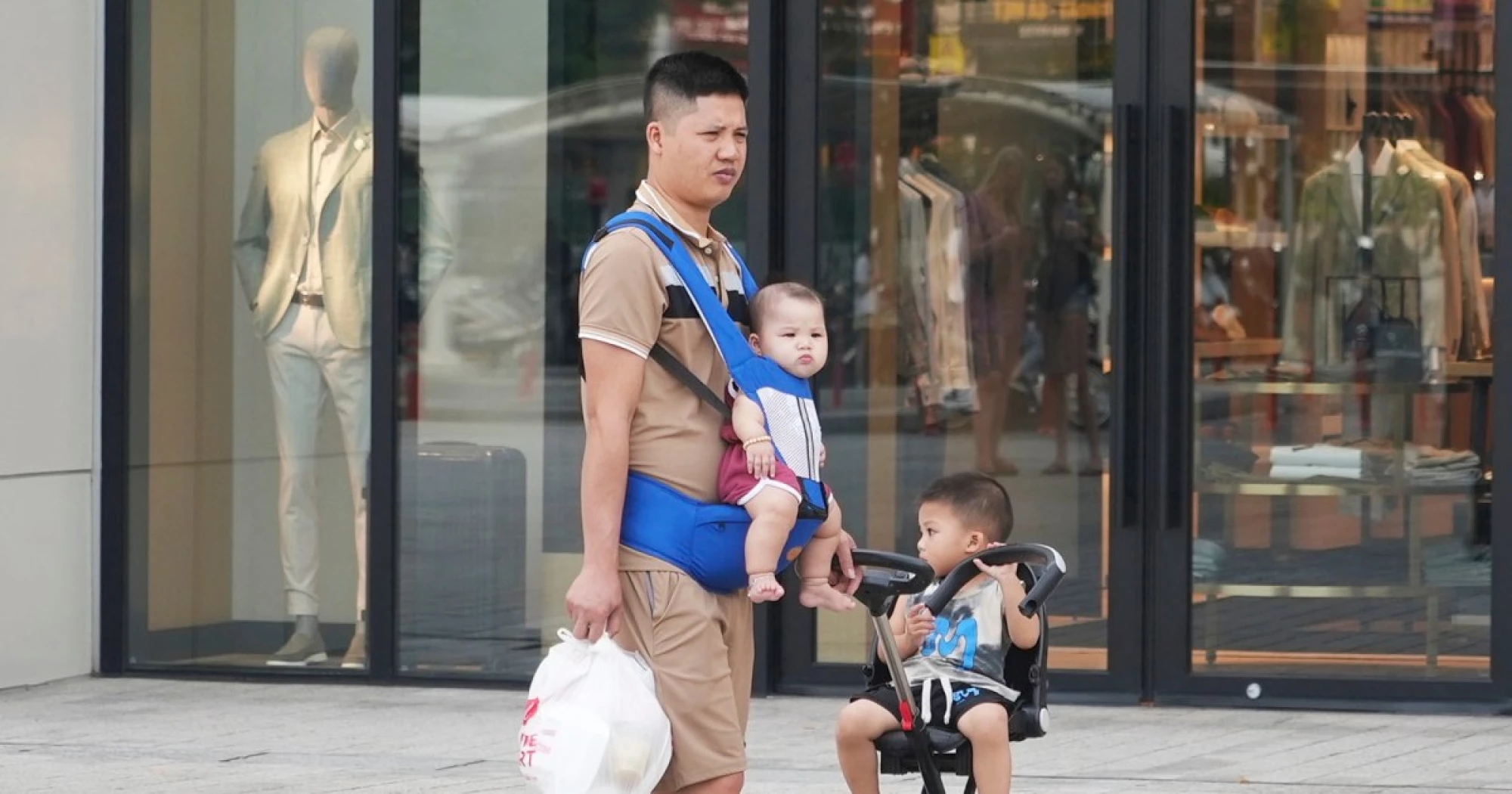Vietnam scraps two-child policy as aging threatens economic growth

Vietnam has abolished its long-standing two-child limit to try and reverse declining birth rates and ease the pressures of an aging population.
HANOI, Vietnam — Vietnam has abolished its long-standing two-child limit to try and reverse declining birth rates and ease the pressures of an aging population.
The National Assembly passed amendments scrapping rules that limit families to having one or two children, the state-run Vietnam News Agency reported Wednesday.
The rules were usually stricter for members of the ruling Communist Party, who could miss out on promotions or bonuses if they had a third child.
Vietnamese families are having fewer children than ever before. The birth rate in 2021 was 2.11 children per woman, just over the replacement rate required for a population to avoid shrinking over the long term. Since then, the birth rate has steadily declined: to 2.01 in 2022, 1.96 in 2023 and 1.91 in 2024.
Vietnam is not the only Asian country with low fertility. Also on Wednesday, government data in Japan showed the number of newborns there decreasing faster than projected, falling for the 16th straight year to a record low of 686,061 in 2024, a drop of 5.7% compared with the previous year.
Rating: 5